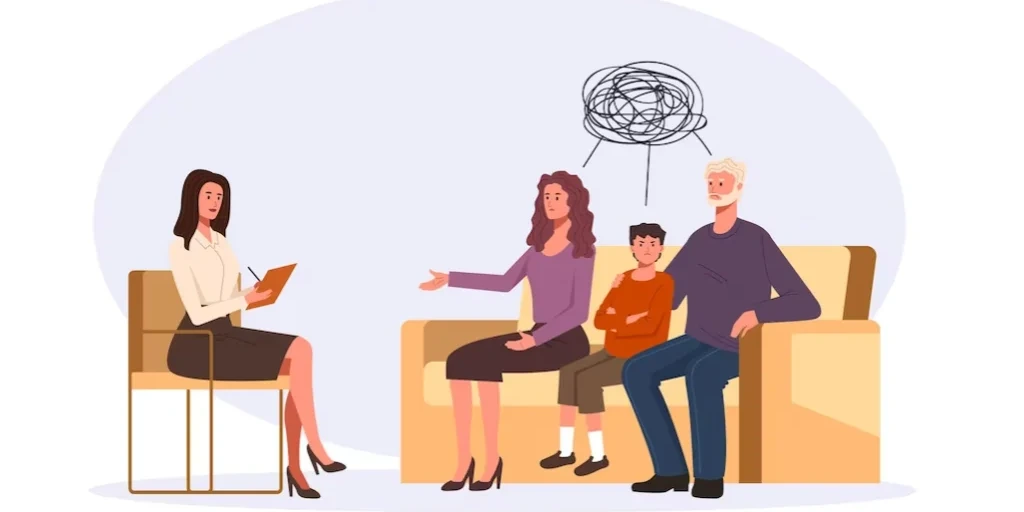24/7 Helpline:
(866) 899-111424/7 Helpline:
(866) 899-1114
Other Insurance Options

Carleon

Kaiser Permanente

Optum

Covered California

Oxford

BlueCross

MVP Healthcare

PHCS Network

Cigna

American Behavioral

Evernorth

WellCare Health Plans

Anthem

AllWell

Holman Group

MHNNet Behavioral Health

CareFirst

Private insurance

WellPoint

UnitedHealth Group





















Hiawatha Valley Mental Health Center
Hiawatha Valley Mental Health Center is a private rehab located in Caledonia, Minnesota. Hiawatha Va...








